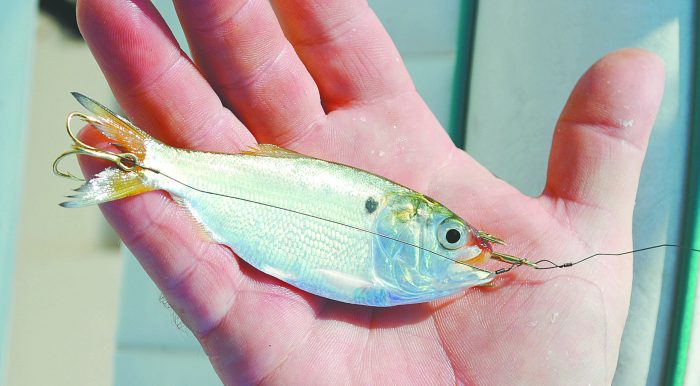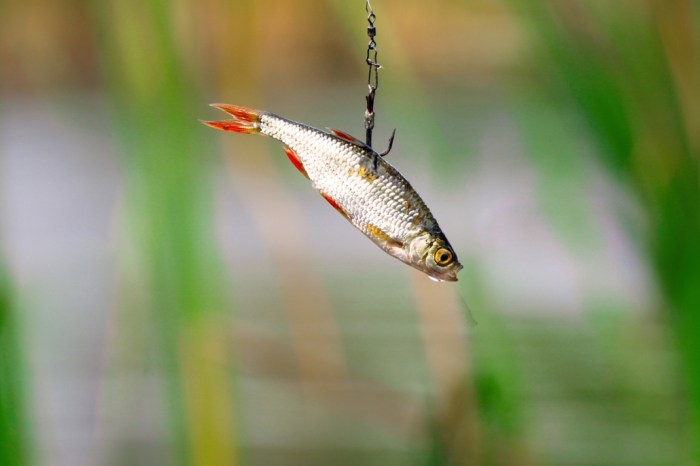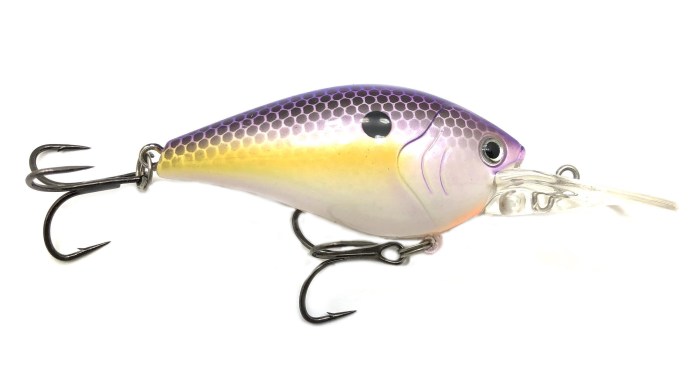Lure in the odysseus crossword clue – Lure in the Odyssey crossword clue sets the stage for this enthralling narrative, offering readers a glimpse into a story that is rich in detail and brimming with originality from the outset. Throughout Homer’s epic masterpiece, the use of lures plays a pivotal role in shaping the protagonist’s journey, Odysseus, as he navigates treacherous waters and cunningly outwits his adversaries.
Odysseus, renowned for his intellect and guile, employs a variety of lures to deceive, attract, and manipulate those who cross his path. From the alluring song of the Sirens to the irresistible aroma of Circe’s potions, these lures serve as powerful tools in Odysseus’s arsenal, enabling him to overcome seemingly insurmountable challenges and ultimately reclaim his rightful throne.
Types of Lure in the Odyssey

In the epic poem The Odyssey, Odysseus employs various types of lures to deceive or attract others, ranging from physical objects to verbal ploys.
Material Lures, Lure in the odysseus crossword clue
- Bait:Odysseus uses bait to catch fish, which he then uses to sustain himself and his crew during their journey.
- Gifts:Odysseus offers gifts to gain favor with others, such as when he gives a cloak to the Cyclops Polyphemus.
- Weapons:Odysseus’s weapons, such as his bow and arrows, can be seen as lures in the sense that they attract the attention of his enemies and make them vulnerable.
Verbal Lures
- Flattery:Odysseus often flatters others to gain their trust or sympathy, such as when he praises Nausicaa’s beauty.
- Lies:Odysseus tells numerous lies throughout the poem to deceive his enemies or gain advantage, such as when he claims to be a Cretan.
- Rhetoric:Odysseus is a skilled orator and uses his words to persuade others to his point of view, such as when he convinces the Phaeacians to help him return home.
Methods of Using Lure in the Odyssey
Odysseus employs lures in various ways to achieve his goals:
Deception
- Disguise:Odysseus disguises himself as a beggar or a merchant to infiltrate enemy territory or gain access to information.
- Falsehoods:Odysseus tells numerous lies and fabricates stories to mislead his enemies or gain advantage.
- Ambush:Odysseus uses lures to lure his enemies into traps or ambushes, such as when he uses a wooden horse to infiltrate Troy.
Attraction
- Gifts:Odysseus offers gifts to gain favor with others or to persuade them to his cause.
- Flattery:Odysseus flatters others to gain their trust or sympathy.
- Promises:Odysseus makes promises to others to entice them to help him or to gain their loyalty.
Symbolism of Lure in the Odyssey

Lures in The Odysseycarry symbolic meanings that enhance the poem’s themes and characters:
Deception and Temptation
Lures represent the dangers of deception and temptation. Odysseus’s use of lures highlights the moral dilemmas he faces and the consequences of his actions.
Power and Control
Lures symbolize power and control. Odysseus’s ability to manipulate and deceive others through the use of lures demonstrates his cunning and intelligence.
The Journey and Return
Lures represent the obstacles and challenges that Odysseus must overcome on his journey home. His use of lures reflects his determination and resilience.
Cultural Significance of Lure in the Odyssey
Lures were an integral part of ancient Greek culture:
Hunting and Fishing
Lures were essential tools for hunting and fishing, providing a means to attract and capture prey.
Religious Rituals
Lures were used in religious rituals to attract the attention of the gods or to ward off evil spirits.
Metaphorical Usage
The concept of lures was often used metaphorically in Greek literature and philosophy to represent deception, temptation, or the allure of power.
Literary Devices Related to Lure in the Odyssey

Homer uses various literary devices to portray the use of lures in The Odyssey:
Similes and Metaphors
- Simile:“He spoke, and as a fisher casts his bait, he threw the line, and at the end the brazen hook.” (Book 12, line 252)
- Metaphor:“The words of Nestor were like honeyed wine.” (Book 3, line 120)
Foreshadowing and Irony
Homer uses foreshadowing and irony to hint at the consequences of Odysseus’s use of lures.
FAQ Section: Lure In The Odysseus Crossword Clue
What is the significance of the Sirens’ song in the Odyssey?
The Sirens’ song represents the alluring yet dangerous nature of temptation. Their enchanting melodies lure sailors to their doom, symbolizing the perils of succumbing to irresistible desires.
How does Odysseus use the Cyclops’s eye as a lure?
Odysseus blinds the Cyclops Polyphemus, using the Cyclops’s own eye as a lure to escape from his cave. This act demonstrates Odysseus’s cunning and resourcefulness in overcoming formidable obstacles.
What is the symbolic meaning of Circe’s potions?
Circe’s potions represent the transformative power of both love and deception. Her potions can transform men into animals, symbolizing the potential for both good and evil that lies within human nature.